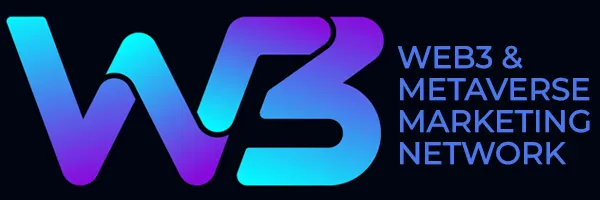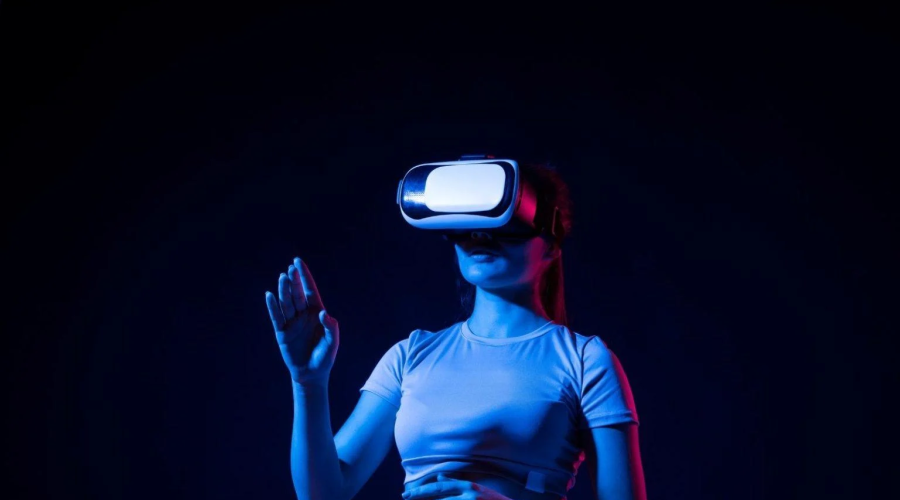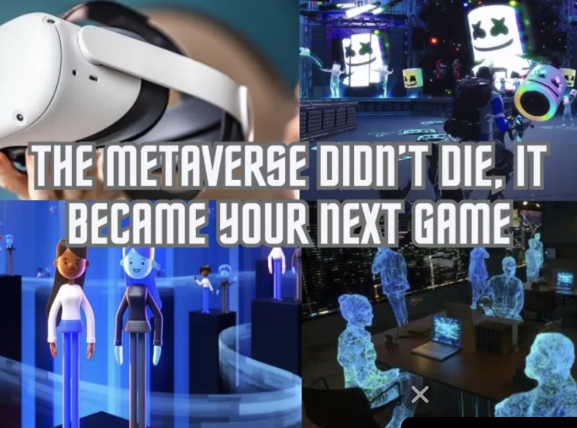Tourism and the Metaverse
With the rise of immersive technologies such as augmented reality and mixed reality, globe-trotting, skydiving, wine-tasting and many more exhilarating tourism activities can now be enjoyed from the comfort of one’s own home. We are living in the era of the metaverse – the seamless convergence of the real and virtual worlds. This trend heralds an upcoming transformation in tourism management and marketing, according to Professor Daniel Leung and Professor Michael Lin of the School of Hotel and Tourism Management (SHTM) at The Hong Kong Polytechnic University, working with a co-author. The researchers offer a vision of how the metaverse could reshape the tourism experience, highlighting both exciting opportunities for the sector and significant challenges ahead.
The authors contend that the metaverse is set to be the next major disruptive technology in our lives, particularly in the way we engage with both virtual and real-world environments. Although this emerging technology remains “largely conceptual and not clearly executed”, a consensus holds that the metaverse merges our physical reality with digital spaces, “However”, the authors observe, “details about how this disruptive technology may revolutionise consumer behaviour and management practices are limited”.
The current limited understanding of the still developing metaverse has made its value proposition a subject of debate. Some argue that it is “nothing but old wine in a new bottle”, due to its similarities to previous technologies, such as Second Life. Indeed, many business leaders take the view that the metaverse is more a “marketing buzzword than a practical concept” and merely an “elusive idea”.
Yet others, including the authors, believe that the metaverse will be “the next major computing platform after the Internet and mobile”. They envisage the metaverse offering immersive experiences in other worlds, allowing users to experience events from history and extreme natural events such as volcanic eruptions in a virtual setting.
“Although still experimental”, the authors note, “the metaverse is expected to revolutionise travel and tourism management and marketing”. But to harness the “unprecedented opportunities” the metaverse offers to the tourism industry, it must first be better understood. What exactly is this new disruptive technology, which for now remains in its infancy? How might it transform consumer behaviour? And what changes will tourism professionals need to make to prosper in the blended physical and virtual worlds of metaverse tourism?
The first challenge for the authors was to settle on a working definition of what the metaverse is. Given that it remains at a conceptual stage, “metaverse” remains a rather loosely used term. The authors proposed a definition of the metaverse as “the convergence of physical and digital universes”, seamlessly traversed by users “for working, education and training, health, exploring interests and socialising with others”. This definition broadens the application of the metaverse beyond gaming, the only place where “there is already clear evidence of mainstream adoption”.
Next, the authors sought to conceptualise how the metaverse might disrupt the tourism industry in the coming years. They wanted to understand how the metaverse might change the behaviour and experiences of tourists, and how the tourism industry would need to adapt in response. How might potential tourists interact with the metaverse before travelling to a destination, while visiting a destination, and after leaving a destination? Understanding these interactions could help the tourism industry anticipate and prepare for the metaverse’s impending impact.
However, true knowledge means knowing enough about a subject to recognise how complex it is and how much uncertainty lies within it. The authors were very aware of how little is currently known about their area of interest. “Many areas are yet to be clearly understood and many questions remain unanswered”, they acknowledge. With this in mind, another objective was to identify directions for future research to help bridge the considerable knowledge gaps regarding the potential of the metaverse to disrupt the tourism industry.
To address the key questions that they had identified, the researchers used a literature review approach as the basis of their research, gathering, examining and synthesising the existing body of knowledge on the metaverse. In addition to thoroughly examining academic literature, they scoured news articles and industry reports for insights into the metaverse’s potential to revolutionise tourism experiences, transform management practices and disrupt tourist behaviour.
Using this deep-dive review as a foundation, the researchers were able to understand and conceptualise the metaverse’s role within the tourism ecosystem. They identified potential disruptions to tourism organisations and destinations, enabling them to propose managerial and marketing strategies for practitioners to adapt to these disruptions effectively. Given the many unknowns about how the metaverse may develop, they also suggest directions for future research to further explore its potential in the tourism industry.
The researchers’ in-depth investigation of the current state of knowledge about the metaverse identified key insights into its potential impact on tourism. First, the metaverse offers transformative opportunities for the tourism industry, with the potential to revolutionise tourism experiences and management practices. It enables users to seamlessly engage in virtual tourism activities, assess options, and make informed decisions that may translate into actual travel or serve as an alternative when physical travel is not feasible.
TravelDailyNews







